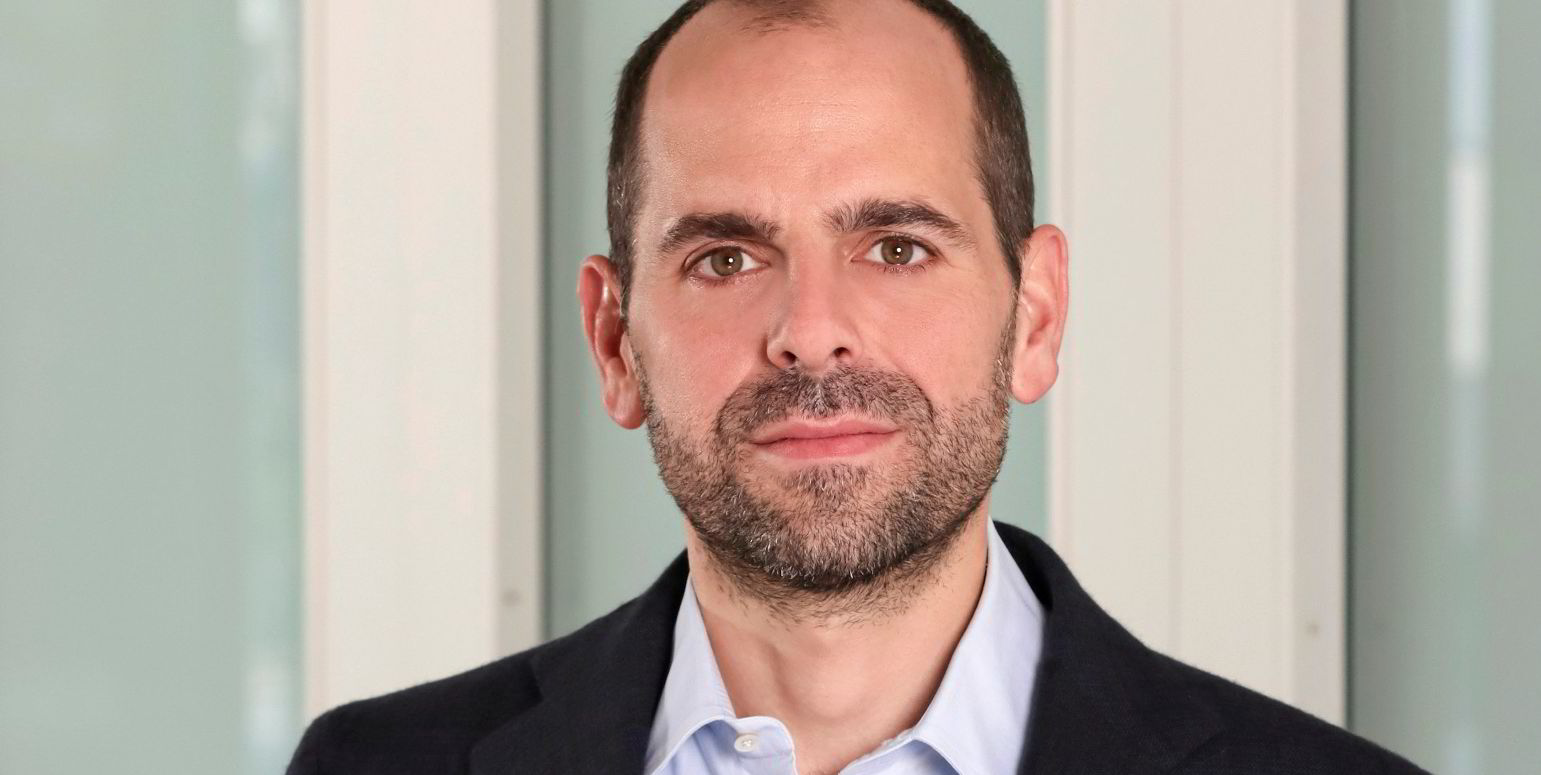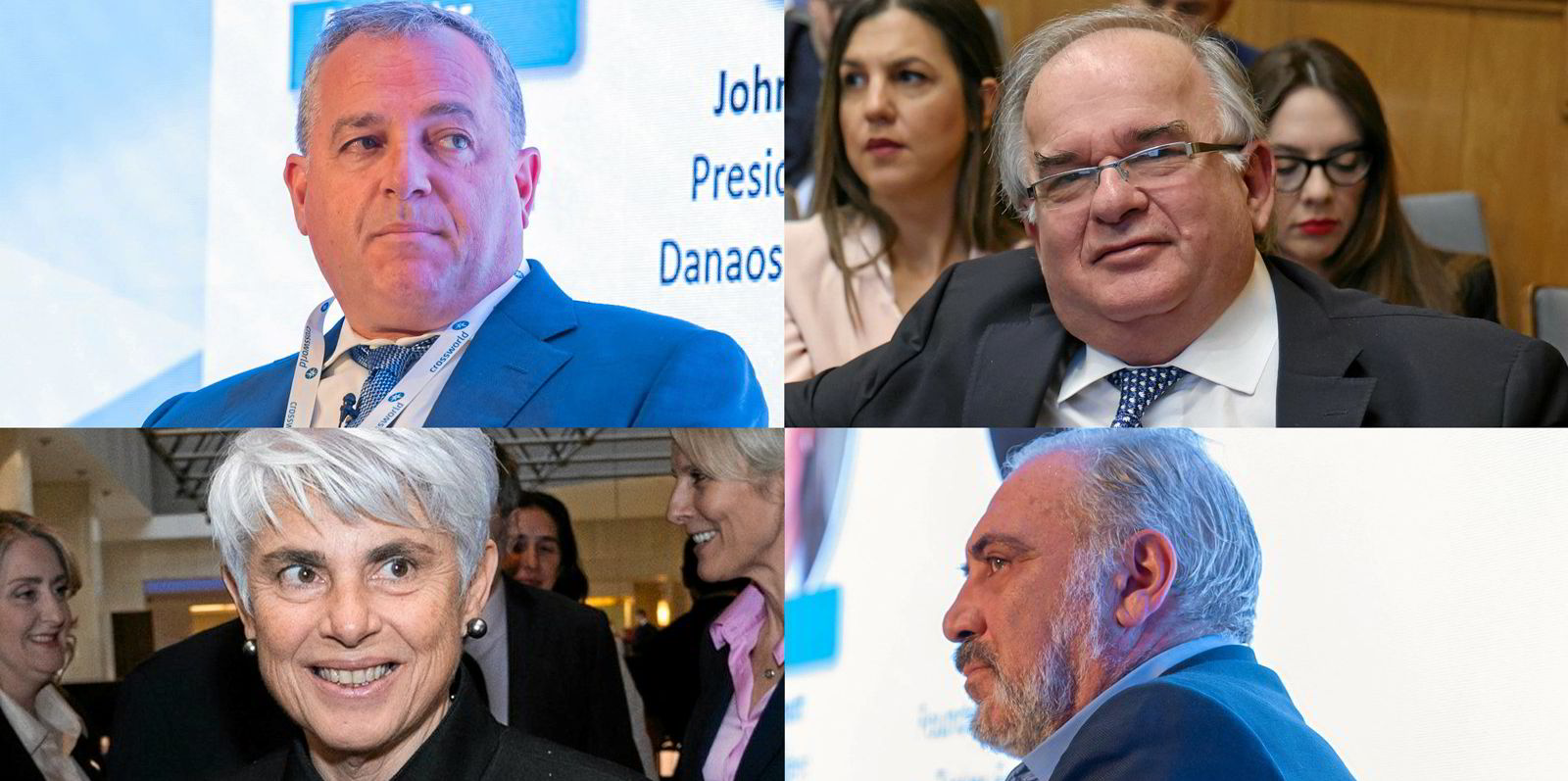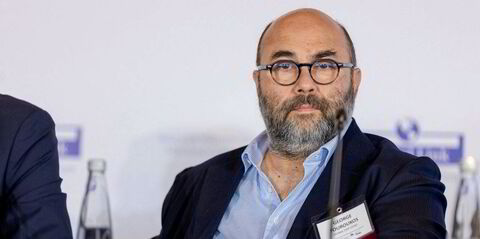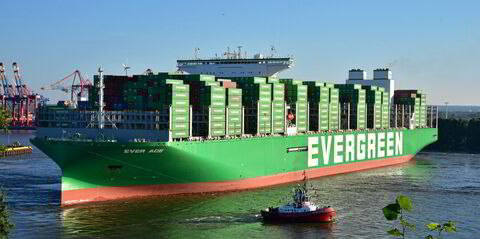When Athens-based Tsakos Energy Navigation expanded its public listing from Oslo to New York in March 2002, it did not have a lot of company as a stock-listed Greek shipowner in the US.
Tsakos was not the first — for example, Stelios Hajioannou’s tanker outfit Stelmar Shipping had tapped the market a year earlier — but it could still count on one hand the number of Greek owners trading in the Big Apple.
When the Alafouzos family’s Okeanis Eco Tankers made the same journey last December, it could name more than 25 fellow Greek companies trading on the New York Stock Exchange or Nasdaq.
The pure numbers reflect the progress made by Greek shipowners tapping the US public markets over two decades as the industry turns all eyes to this year’s Posidonia festivities outside of Athens.
That’s part of the story, anyway.
Another is that the US IPO market for shipping has been as closed to the Greeks as it has to anyone else since June 2015, when Greek-American Peter Georgiopoulos was able to sneak his Gener8 Maritime through a rapidly closing listing window.
Only Israeli container line operator Zim has been able to break the drought with a regular-way IPO since, winning a listing in January 2021.
According to Clarksons data, 80% of the Greek fleet remains in private hands. Just 20% is controlled by stock-listed companies.
More Greek names have been able to gain a New York listing over the decade-long drought. But aside from Okeanis, they have all been either direct listings raising no new capital or spin-offs of existing owners.
Most of these have banking relationships with the Maxim Group of New York and come with a laundry list of warnings about potential shareholder dilution as companies sell stock and warrants in an attempt to grow.
While the Maxim companies may turn back the clock to some of the more negative stereotypes about Greek shipping, the market also has thriving examples of well-respected Greek owners who have earned scale and shareholder interest by doing things more conventionally.
Many came to the market during the IPO “gold rush” period of 2005 to 2007 amid a China growth story and are now familiar players in US markets.
With the dawn of another Posidonia, Streetwise takes a look at some of the leading names to know across some major operating sectors.
Dry bulk
Star Bulk Carriers: The Petros Pappas-led company has been a master of the consolidation game, using its shares as currency to fully or partly fund acquisitions of ships or entire fleets on nine separate occasions.
And the stakes keep getting bigger. In April, Star closed its $836m all-stock takeover of a fully functioning public company, Eagle Bulk Shipping of Connecticut.
Star moves forward as a $3bn company in market capitalisation, but there is a warning: president Hamish Norton says it’s still not large enough to attract most big-time institutional investors.
It is large enough, however, to make Star the largest Greece-based owner in market capitalisation in the US.
Safe Bulkers: Polys Hajioannou’s listed vehicle isn’t as large as Star, coming in with a total shares value of around $577m this week and a fleet of 46 ships on the water.
But it has been active, booking 17 newbuildings since 2020 at a cost of more than $600m. And the stock has taken off so far in 2024, gaining 40% in value.
Mixed fleet
Navios Maritime Partners: It’s a bit of a Greek thing, this trend in public markets in which owners operate a mixed fleet in multiple operating sectors rather than the usual “pure-play” focus.
And no one is more mixed than Angeliki Frangou-led Navios, whose fleet has grown to 176 vessels across tankers, bulkers and boxships, including newbuildings on order.
Much of the growth has come from Frangou buying in the former public sister companies, leaving the surviving Navios to march forward under the “diversified fleet” banner.
The current market capitalisation of $1.5bn should be larger and reflects that investors have not fully bought into the approach, at least as yet. But the stock is up 72% on the year, so they’re warming.
Danaos and Costamare: Both started in public pure plays as container ship lessors but have moved into dry bulk as well, based on the brighter prospects for that market in the near term.
Costamare has built its owned bulker fleet of nearly 40 vessels from scratch since 2021. It also increased the size of Costamare Bulkers — its platform of large, chartered-in vessels — to 54 ships.
Costamare’s market cap is near a two-year high at $1.8bn, but measured against a net fleet value of $3.39bn at the end of March, so again there is the question of investor buy-in.
Danaos began building up bulkers last July, adding 10 capesizes worth $230m to its 80 container ships. Its market capitalisation of $1.76bn reflects a 22% gain on the year.

Tankers
Tsakos Energy Navigation: The Nikolas Tsakos-led vehicle has become the grand dame of New York-listed, Greece-based shipowners and in many ways established the template for how countrymen would structure their public companies.
We’ve remarked before that TEN’s stock has never traded in a way that is commensurate with the blue-chip nature of the underlying company, whatever the reason.
However, there’s progress to report: the stock is up 37% on the year, bringing market capitalisation to $903m.
VesselsValue estimates that the fleet of 59 vessels and seven newbuildings is worth $4.34bn.
Okeanis Eco Tankers: It’s the new kid on the block, but Okeanis already has outstripped Tsakos in market cap with a value of $1.16bn.
With its fleet of eight modern VLCCs and six suezmaxes, the newly minted US public company has had the kind of “problems” that management teams can only dream about.
Chief executive Aristidis Alafouzos has found himself explaining why Okeanis’ second-quarter bookings to date are 50% higher than competitors are reporting, warning curious analysts of rivals’ “sour grapes”.
With the shipping crowd now heading off for Posidonia, perhaps the first bar tab is on Alafouzos.




